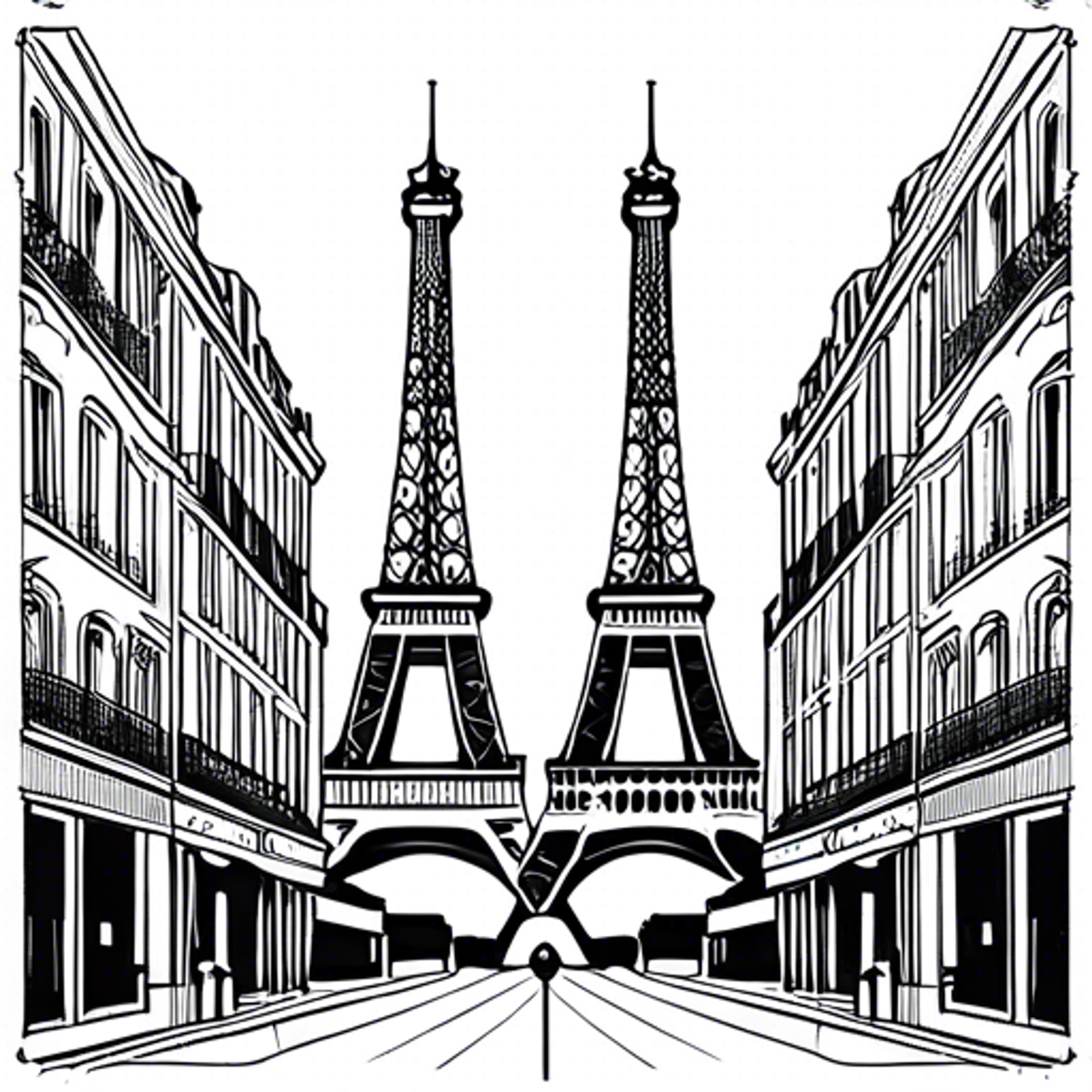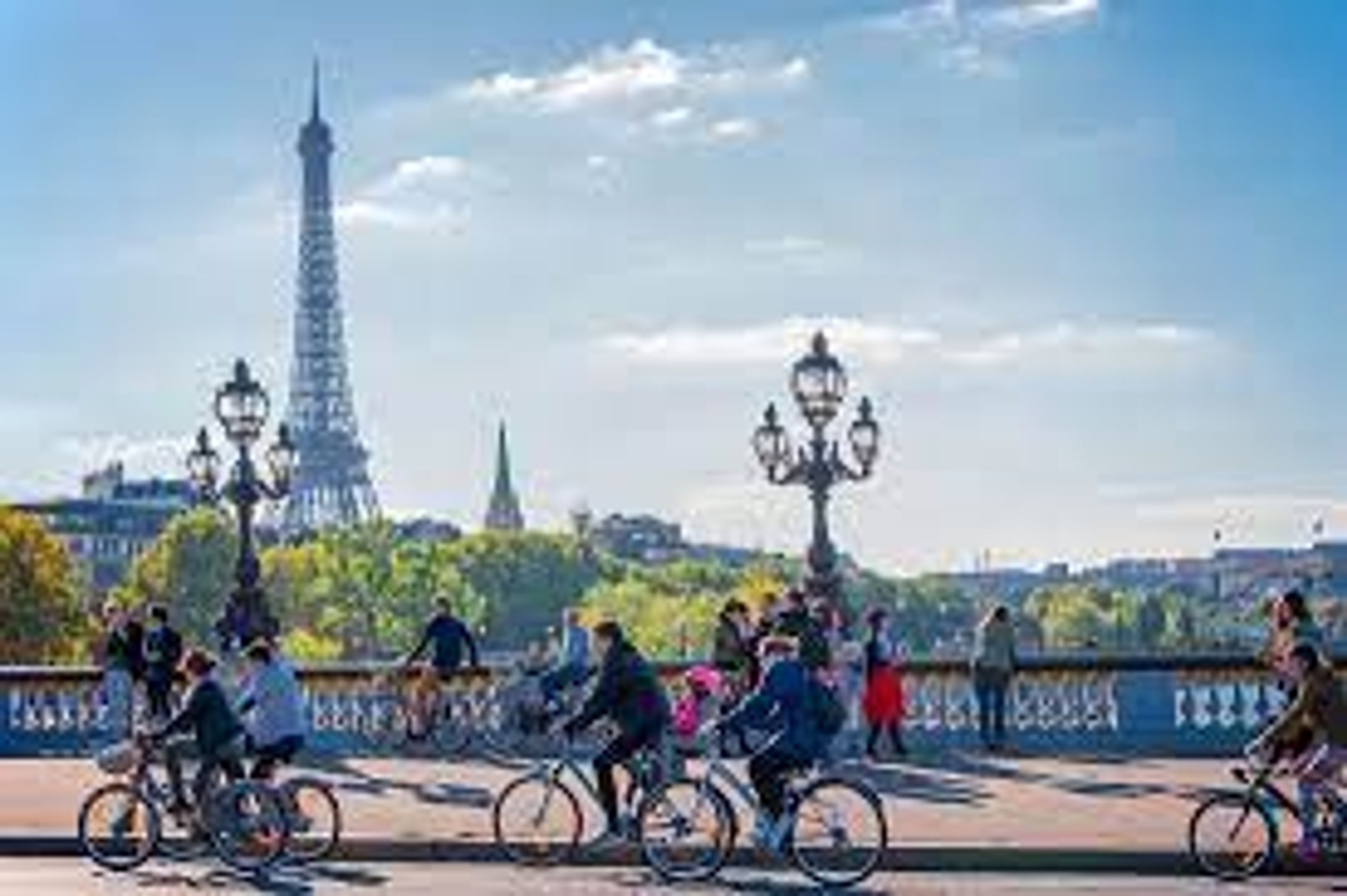Fake - Paris Unveils Plans for a Second Eiffel Tower: A Bold Leap into the Future or a Step Too Far?
Paris to Build a Second Eiffel Tower: Innovation or Insult to Heritage?" Discover the debate surrounding the new addition to the iconic skyline.
# Paris Constructs New Eiffel Tower Next to the Old One
In a move that has stirred both awe and controversy, Parisian authorities have announced plans to construct a new Eiffel Tower adjacent to the original, igniting a global conversation about heritage, innovation, and the future of Paris's skyline. The original Eiffel Tower, erected in 1889 as the entrance arch to the 1889 World's Fair, has stood as an unchallenged emblem of the city, drawing millions of visitors annually. The announcement has been met with a mix of excitement and skepticism from both the public and international observers, questioning the necessity and implications of replicating such an iconic structure.
The new Eiffel Tower, envisioned to stand in modernistic dialogue with its 19th-century counterpart, promises a bold architectural statement. While it echoes the lattice ironwork that made Gustave Eiffel's design revolutionary, the new structure introduces contemporary materials and sustainable energy features, aiming to reflect the city's forward-looking ethos. Authorities cite the need to accommodate growing tourism demands and to reaffirm Paris's status as a hub of cultural and architectural innovation as key reasons for the project. The new design is expected to either blend seamlessly into the Parisian cityscape or create a striking contrast that redefines it.
The engineering feat of erecting a new tower in the shadow of such a historic monument is not without its challenges. The project demands precision and care to avoid any impact on the original structure, which remains a beloved and protected landmark. Advanced construction techniques, including the use of lightweight, high-strength materials and cutting-edge building technologies, are being employed to ensure minimal environmental disruption and to navigate the complexities of the site.
Economically, the new tower is projected to bolster Paris's tourism sector and generate significant employment opportunities during its construction and operation. However, the cultural ramifications are complex, with debates arising over the propriety of duplicating an icon that is so deeply ingrained in Parisian, and indeed global, identity. While some local businesses anticipate a surge in visitors, others fear that the new structure may detract from the charm and authenticity of the city.
As Paris embarks on this ambitious project, the city stands at the crossroads of preserving its rich heritage and embracing the winds of change. The new Eiffel Tower is poised to become a testament to this era's technological and cultural aspirations, potentially reshaping the narrative of a city that has long been defined by its past. As the world watches, the legacy of the Eiffel Tower is set to evolve, offering a dual narrative of tradition and progress for future generations to interpret.




